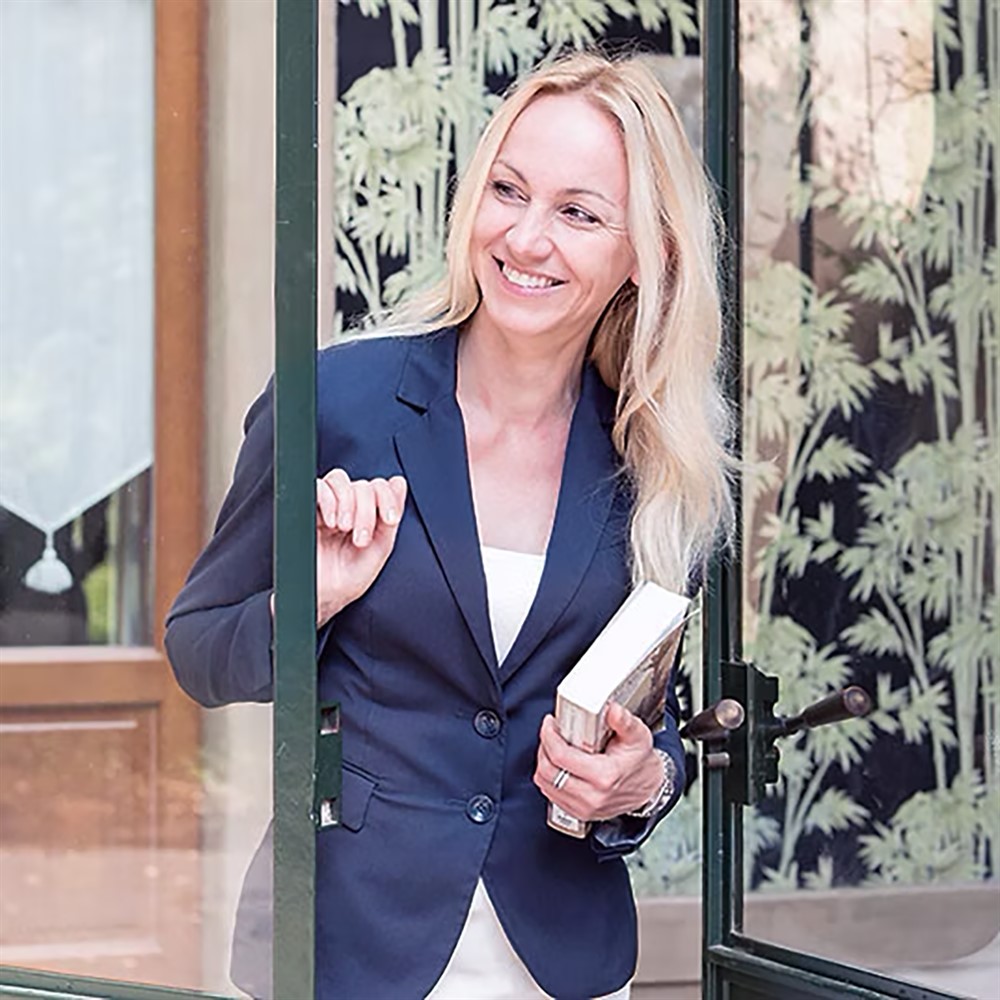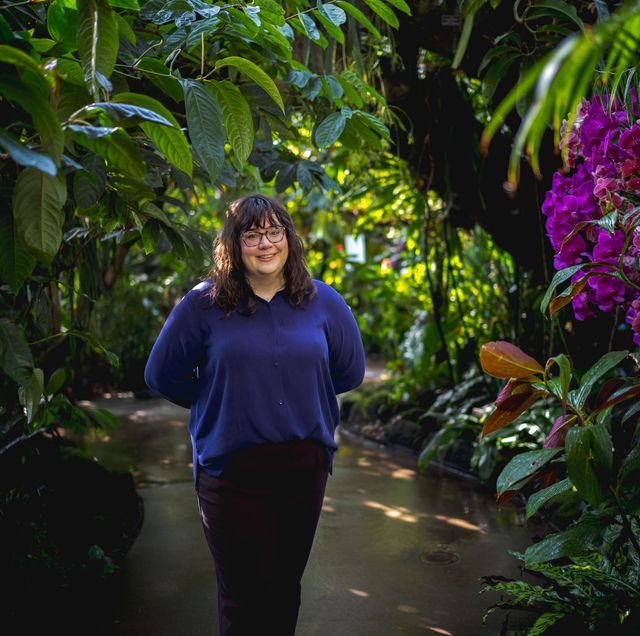Climate, Environment, and the Transition to Late Antiquity: Roman Government’s Response to Climate Disasters and Agricultural Resilience in Roman Egypt
ZoomSabine R. Huebner is a professor of ancient history at the University of Basel in Switzerland whose project at Harvard Radcliffe Institute aims to craft a groundbreaking monograph on third-century Roman Egypt, exploring the dynamic interplay of climatic shifts, political upheavals, and socioeconomic transformations during a pivotal era. Drawing on a rich tapestry of sources—including literary works, papyri, numismatics, epigraphy, and a variety of paleoenvironmental proxies—this ambitious study seeks to unveil new insights into the complexities of this transitional period in one of the Roman Empire’s critical regions.


